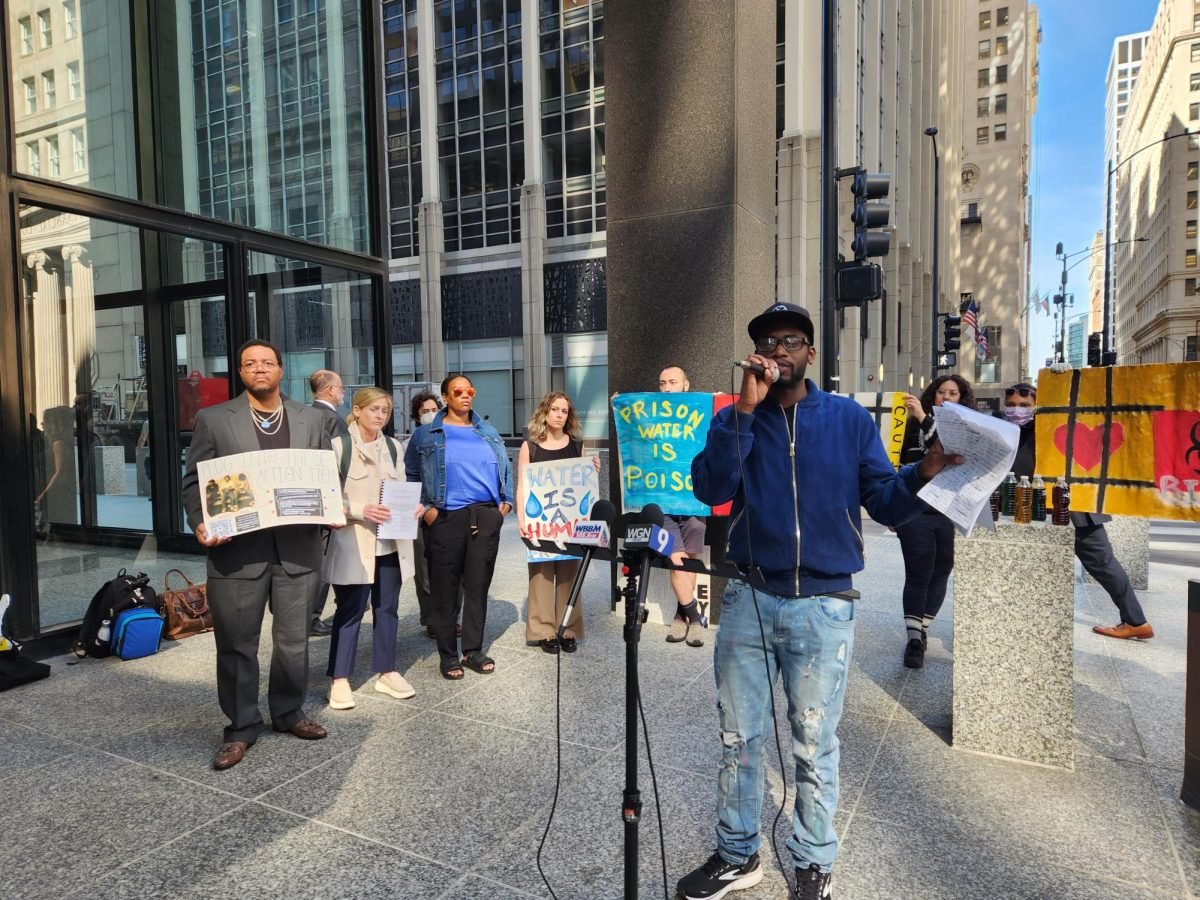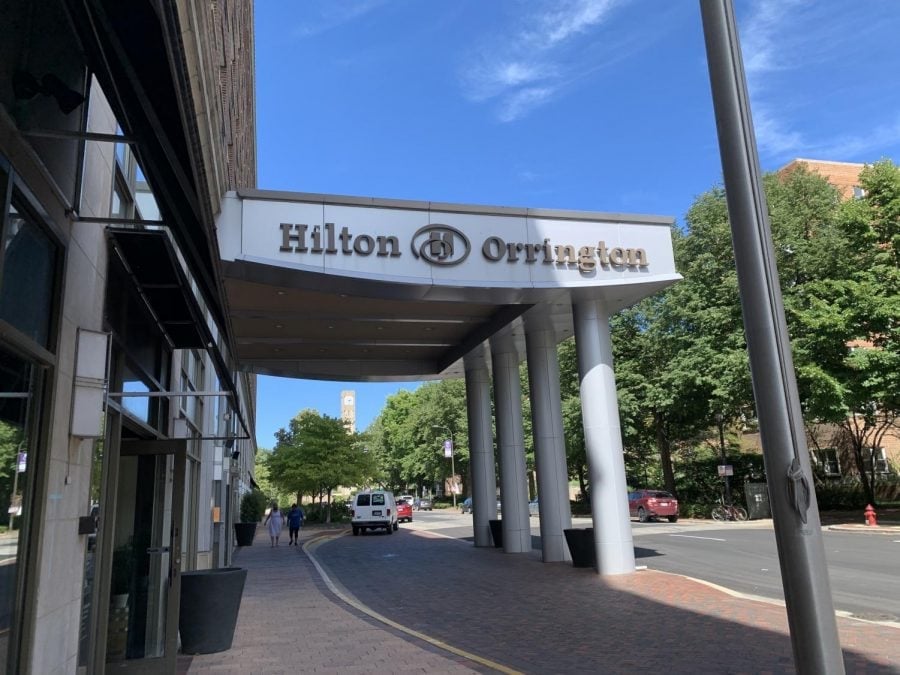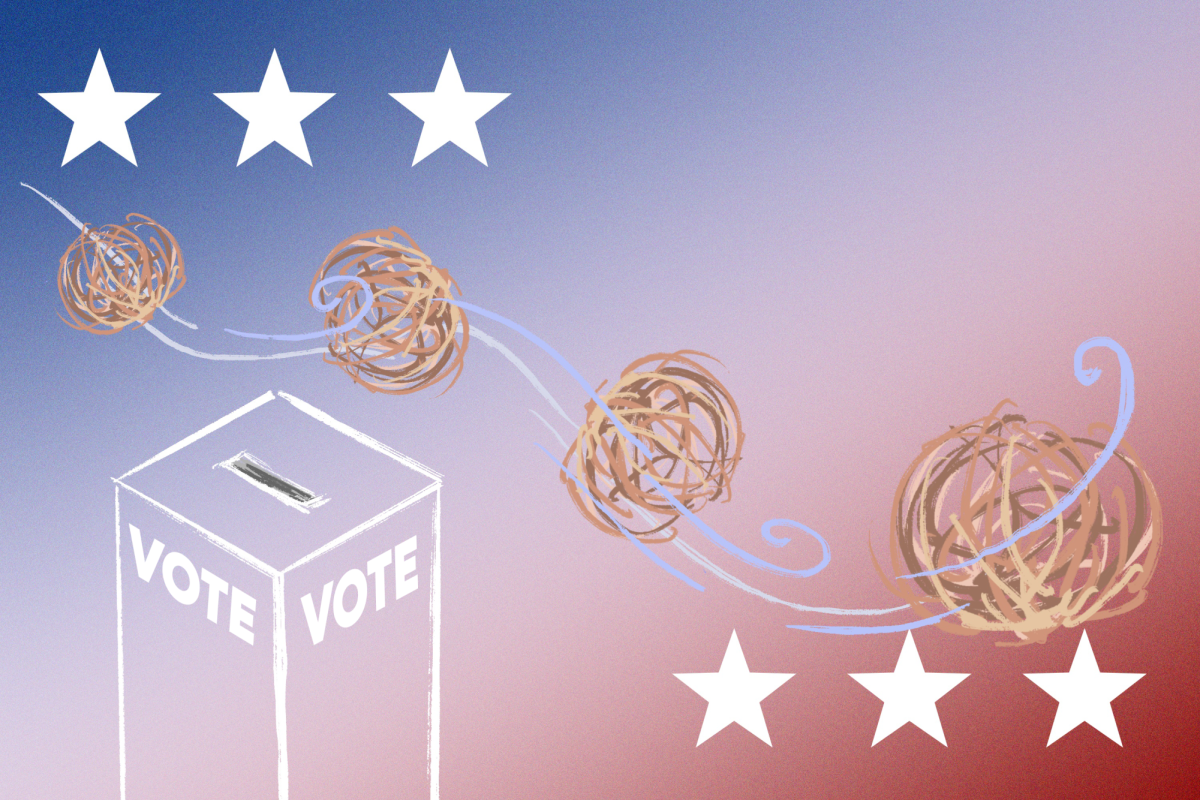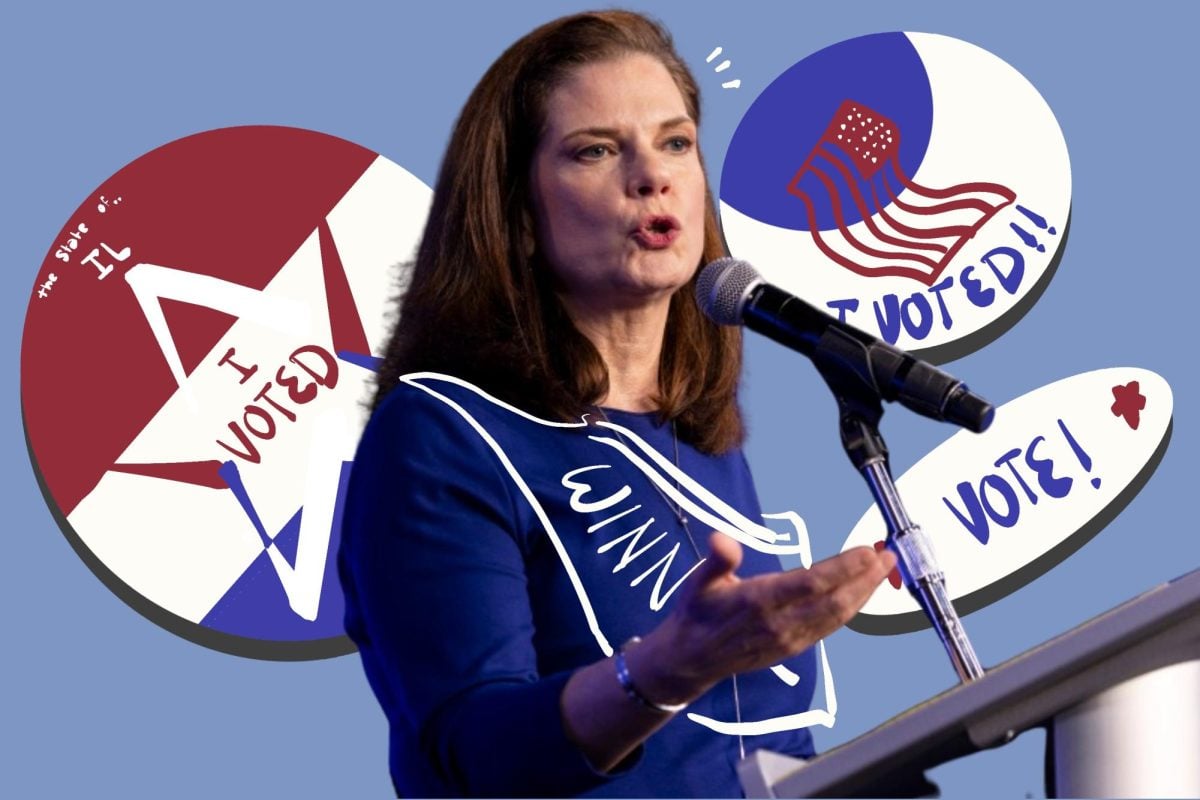State Rep. La Shawn K. Ford (D-Chicago) received an email Wednesday from a constituent who said her privacy had been violated during an interview for a McLean County government position. Upon the constituent’s arrival, the interviewer immediately told her to enter her login information on Facebook and then went on to look through the constituent’s personal profile information which included personal pictures, friend lists and emails along with religious and political views.
“I thought I’d do everything I can to protect people from this violation of privacy,” Ford told The Daily on Thursday.
Ford has been working to combat such privacy violations by sponsoring H.B. 3782, an amendment to the Right to Privacy in the Workplace Act. The bill would prohibit any employer from asking prospective employees to provide login information in order to gain access to the employee’s personal social networking account.
“The goal is to maintain the right to privacy in Illinois,” Ford said.
After a short debate in the Labor Committee, members decided that usernames are public information, but that the bill would protect passwords as private information. On Wednesday, the bill was voted out of committee, meaning it will come up for a full vote in the House.
“We are in a good place to pass this bill now that we have an agreement with the chamber and the House Republicans,” Ford said.
The decision to specify that the bill would only pertain to passwords acted as one clarifying point during a largely educational discussion, said Ed Yohnka, director of communications and public policy for the American Civil Liberties Union of Illinois.
“There were two things at play,” Yohnka said. “Members were trying to understand the issue. They were trying to understand what the reach of the bill would be as well, who it would affect, how it would affect them.”
Although the debate in the Labor Committee was not contentious, the bill faced opposition from Republicans when it was initially introduced last spring, Ford said.
“They were concerned that it was over-regulating and taking away an employer’s right to hire the best candidates for their establishment,” he said. “They now realize this is a right to privacy.”
Yohnka argued that maintaining a prospective employee’s right to privacy is not over-regulation.
“It’s a private part of their lives and to ask to intrude on that private part of their lives simply to be considered for a job, that’s wildly inappropriate,” Yohnka said.
Yohnka was not the first ACLU member to speak out against password requests. In 2011, the ACLU of Maryland criticized the Maryland Department of Public Safety and Correctional Services when it required correctional officer Robert Collins to log in to Facebook during a recertification interview – another instance that served as an impetus for the new Illinois bill.
According to an article published February 2011 in The Atlantic, the department suspended such practices for 45 days after the ACLU called its actions “a frightening and illegal violation of privacy.”
Ford said he sees the bill not only as an opportunity to protect the privacy rights of Illinois citizens, but also as a way to prevent restrictions on already limited jobs.
“People are looking for jobs, and jobs are the number one issue right now in the country,” Ford said. “Illinois has a really high unemployment rate and we can’t set up barriers to keep people from getting the jobs when the barrier is a personal privacy issue.”







